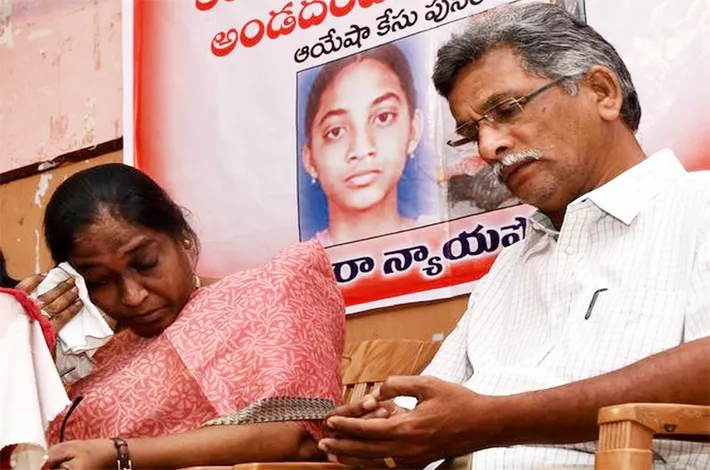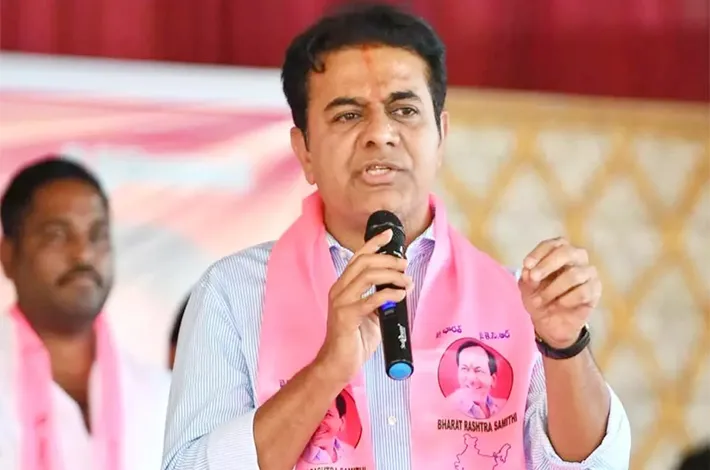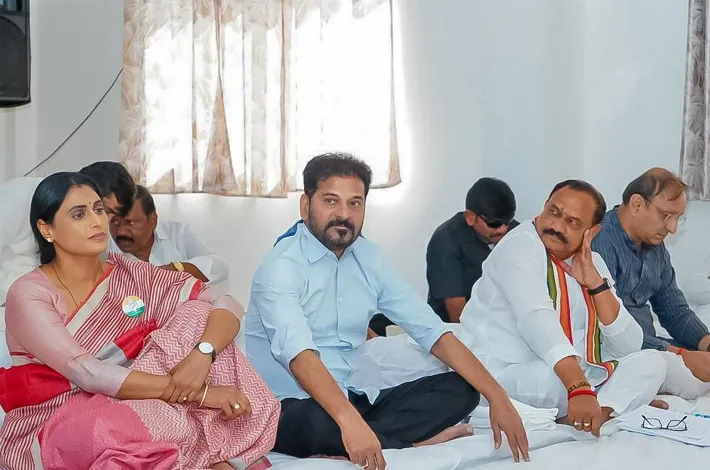Boycott Indian Mainstream Media
12-09-2025 12:00:00 AM

Nepal’s Gen Z Activists
In a striking display of defiance, Nepal’s Generation Z activists have initiated a widespread boycott of Indian mainstream media, accusing it of misrepresenting the ongoing protests that have rocked the Himalayan nation. The youth-led movement, which began as a response to a government-imposed ban on 26 social media platforms and allegations of rampant political corruption, has now expanded into a broader critique of regional media narratives, particularly those from India. This boycott reflects deep-seated frustrations among Nepal’s youth, who feel their struggle for accountability and transparency is being distorted by external media outlets.
The Boycott: A Rejection of Indian Media Narratives
As the protests gained momentum, Nepal’s Gen Z activists turned their attention to Indian mainstream media, accusing outlets of misrepresenting their movement. Many young Nepalis expressed outrage over reports that framed the protests solely as a reaction to the social media ban, downplaying the deeper issues of corruption, nepotism, and economic inequality. Socio-political activist Ranju Darshana, speaking from California, emphasized, “The international media, especially Indian outlets, claimed this was just about a social media ban. That is not true. The Gen Z protest was primarily against corruption and seeking accountability from the system.”
The boycott gained traction online, with Gen Z activists using platforms like TikTok and Reddit—still operational in Nepal—to call out Indian media houses for what they described as “sensationalized” and “inaccurate” coverage. Posts on X echoed this sentiment, with users urging Nepalis to rely on local sources and firsthand accounts rather than Indian news channels. One protester, Bhumika Bharati, told AFP, “There have been movements abroad against corruption, and they [the government] are afraid that might happen here as well. The Indian media’s narrative is diluting our fight.”
The distrust stems from a perception that Indian media outlets, given Nepal’s close geopolitical ties with India, often align with official narratives or focus on regional security concerns rather than the protesters’ core grievances. For instance, some Indian reports highlighted the impact of the protests on border trade and Indian tourists, sidelining the systemic issues driving the unrest. This has led to accusations that Indian media prioritizes its own national interests over the lived realities of Nepali youth.
A Broader Movement: Gen Z’s Call for Change
The boycott of Indian media is part of a larger movement by Nepal’s Gen Z to reclaim their narrative and assert their agency. The protests, initially sparked by the social media ban, have evolved into a broader demand for systemic reform. Protesters like Binu KC, a 19-year-old college student, told BBC Nepali, “Leaders promise one thing during elections but never deliver. They are the cause of so many problems.” Another activist, Subhana Budhathoki, a content creator, added, “Gen Z will not stop now. This protest is about more than just social media—it’s about silencing our voices, and we won’t let that happen.”








